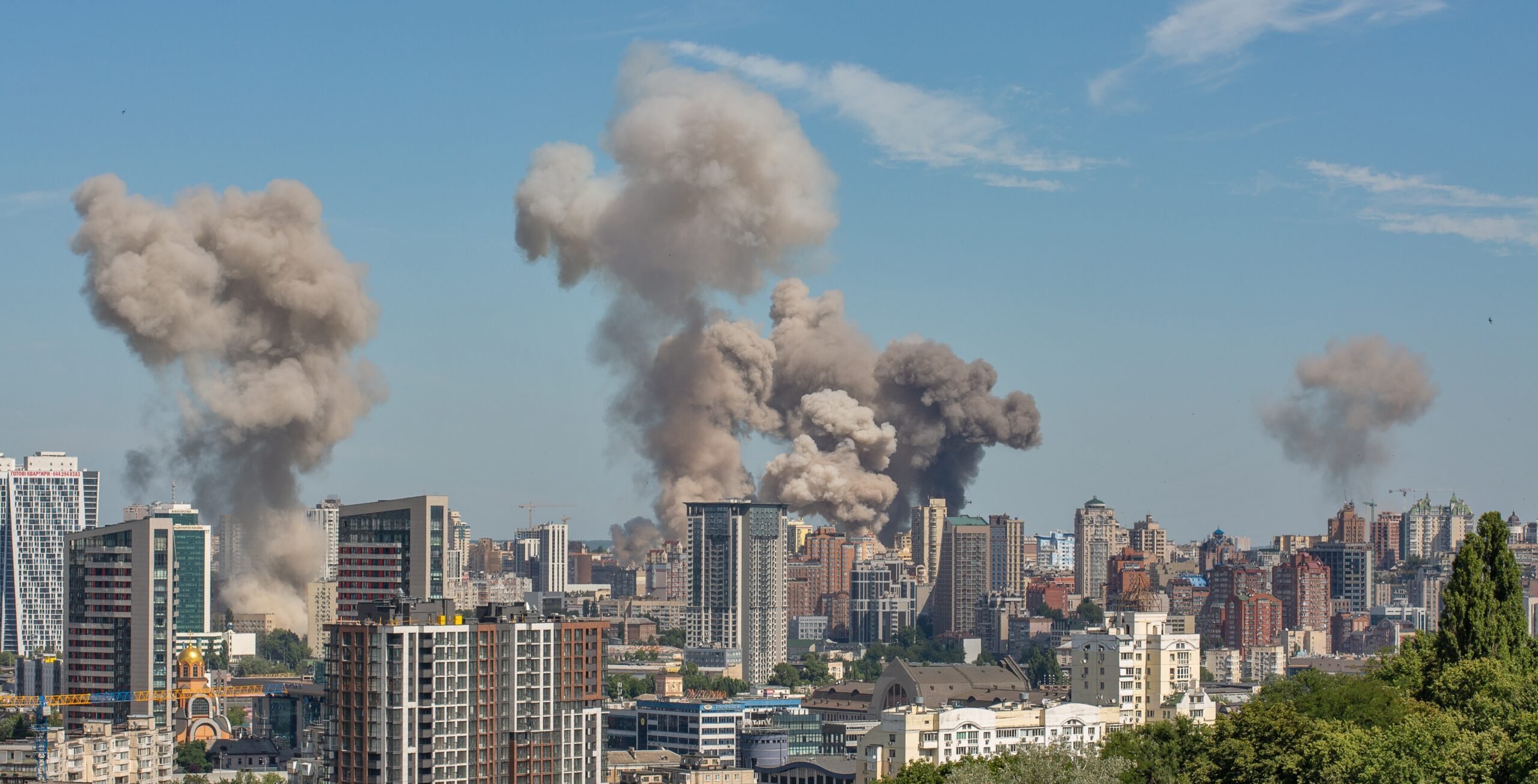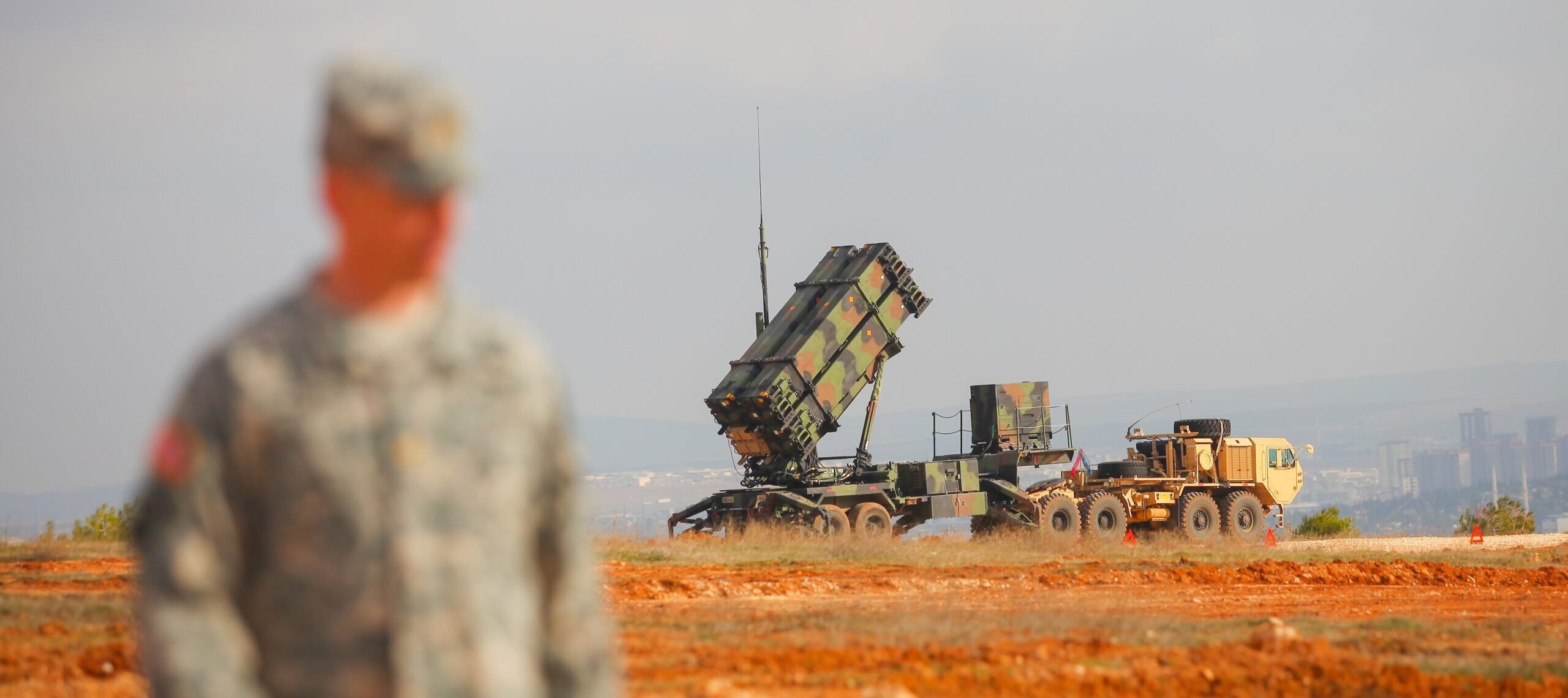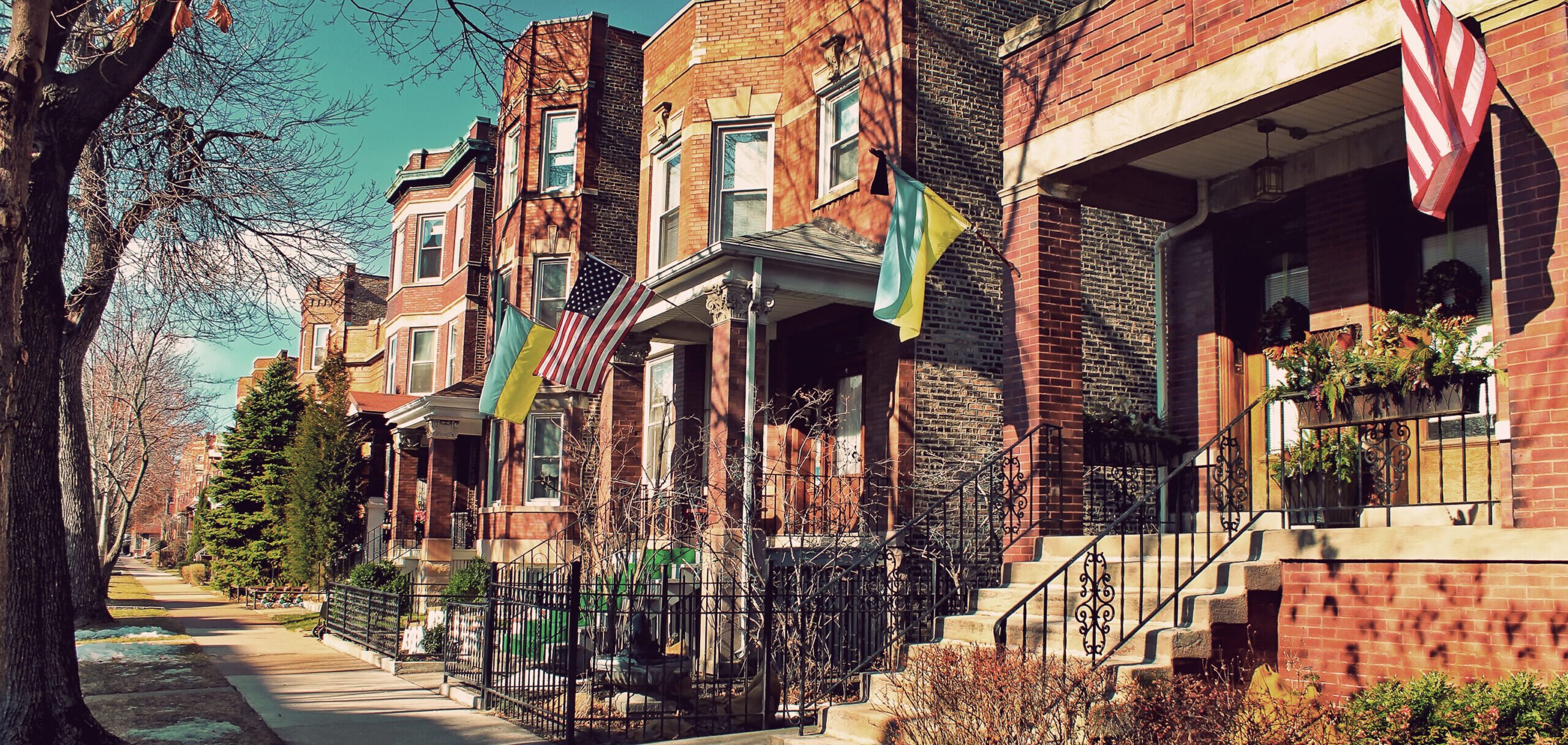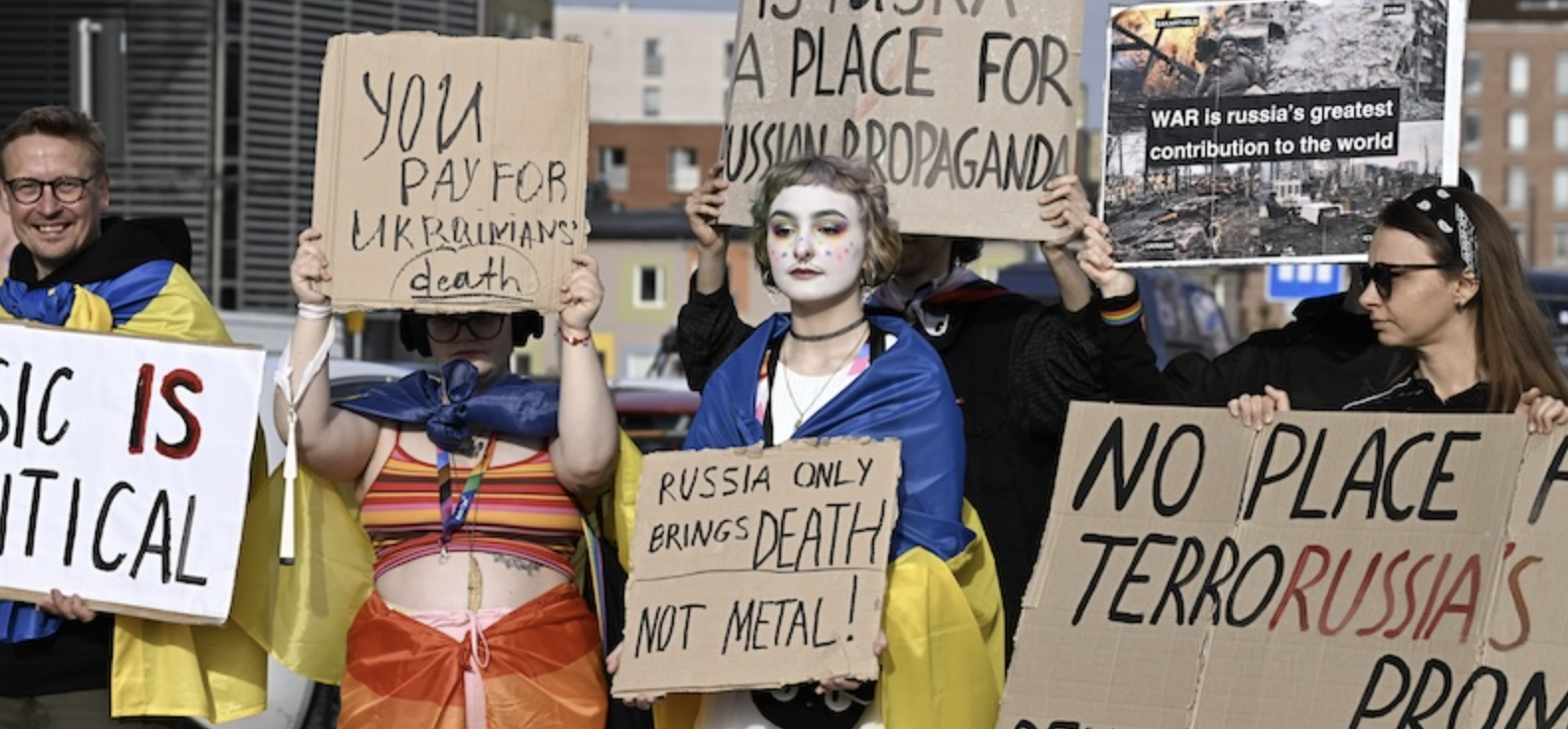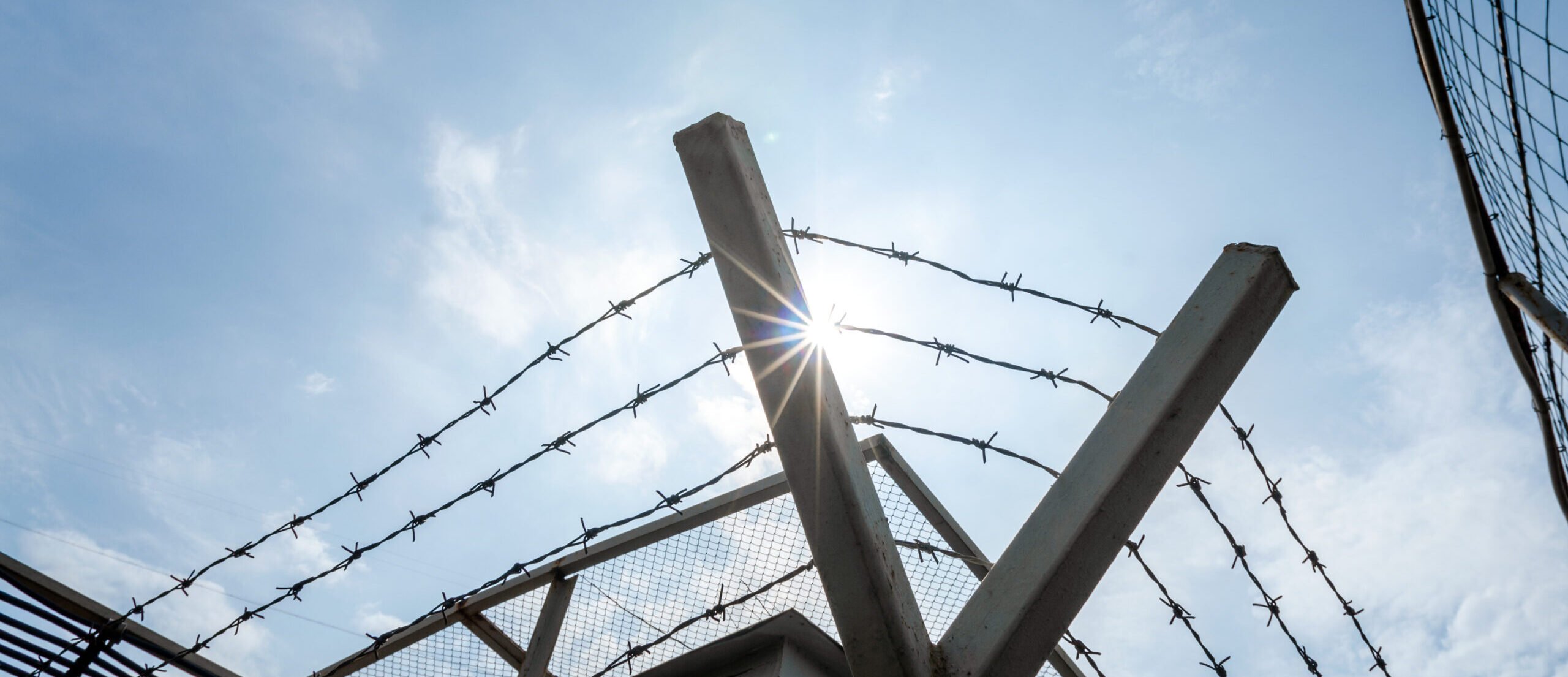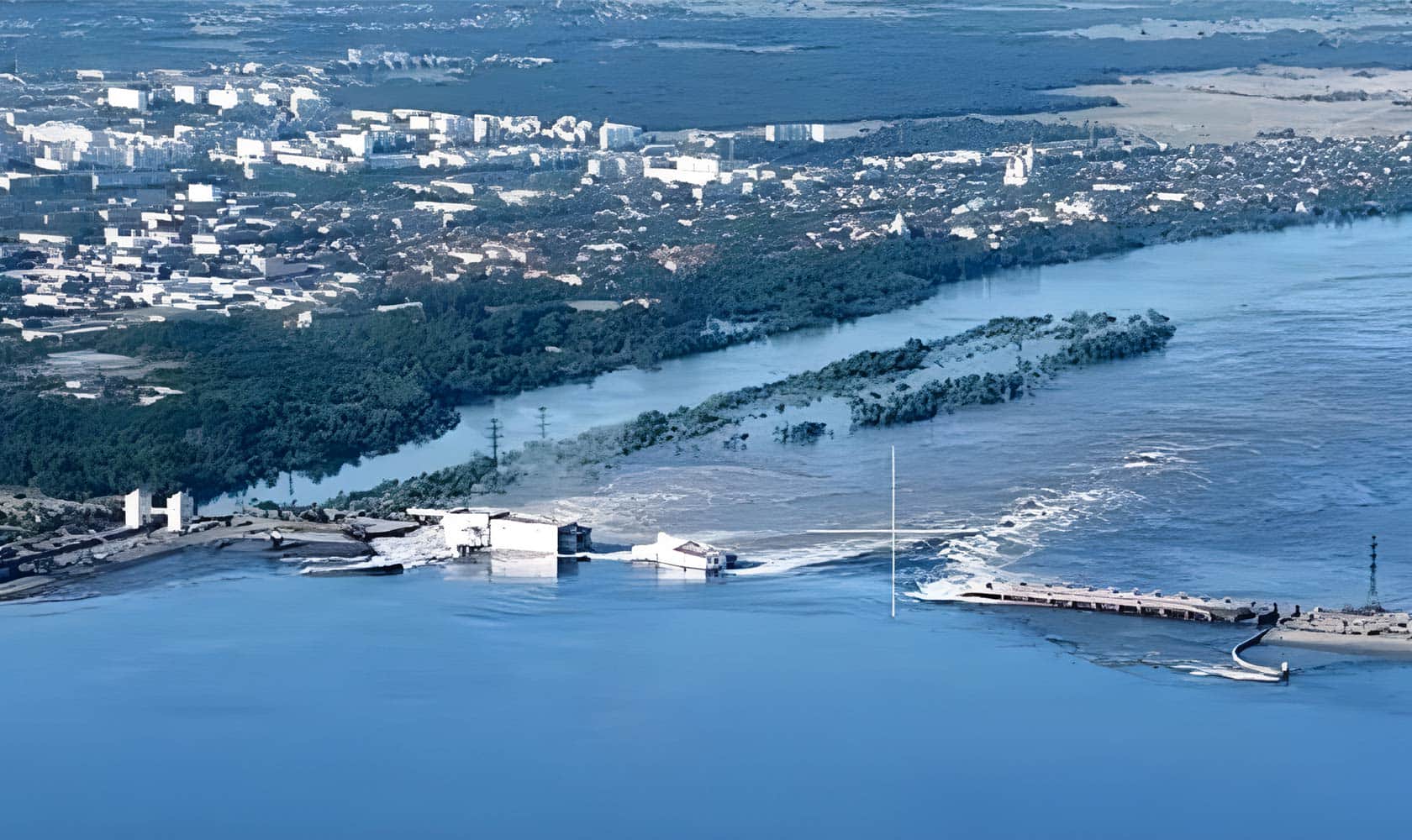
On June 6 last year, Russia executed one of the most significant man-made catastrophes in recent European history by detonating the dam at the Kakhovka Hydroelectric Power Plant in Kherson Oblast. The attack resulted in the deaths of hundreds of civilians, with the exact toll remaining uncertain as many affected reside in areas still under occupation.
The destruction of the Kakhovka Hydroelectric Power Plant dam not only endangered thousands of lives but also had widespread environmental and economic repercussions. Approximately 880,000 individuals lost access to drinking water, and 80 settlements were submerged. The incident resulted in severe pollution of rivers and seas, dehydration of lands, and significant threats to the agricultural sector. The ecosystem suffered dramatically, placing 251 wildlife and plant species at risk of extinction. Initial assessments estimate the direct financial losses at around $2 billion.
The total damage inflicted on Ukraine by the destruction of the Kakhovka Hydroelectric Power Plant will only be completely understood once all impacted territories are freed. Ihor Syrota, General Director of PJSC Ukrhydroenergo, stated that the catastrophe not only demolished the facility, but also a bridge featuring road and railway links, a gas pipeline, various communications, and severely damaged the deep-water channel in the Dnipro River for vessel passage.
The harrowing images of people stranded on rooftops, watching their homes disappear under water, demonstrated the extent of the occupiers’ cruelty and ruthlessness, capable of any atrocity. “The only way to stop Russia, the greatest terrorist of the 21st century, is to kick it out of Ukraine,” Ukrainian Foreign Minister Dmytro Kuleba said immediately after the attack.
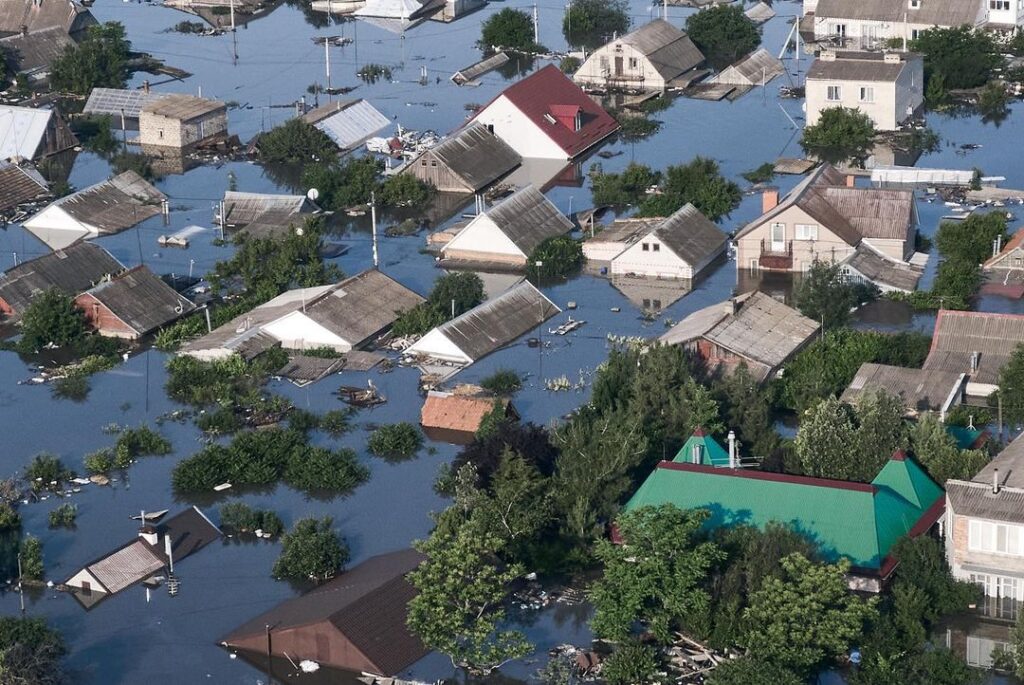
Ukrainian MP Olena Moshenets noted that the jurisdiction of the International Criminal Court (ICC) is limited to the four gravest international crimes: genocide, crimes against humanity, war crimes, and aggression. She mentioned that while the ICC can prosecute environmental damage resulting from war crimes, its capabilities are significantly constrained. On the anniversary of the tragedy, Moshenets advocated for the adoption of ecocide as the fifth major crime prosecutable by the ICC, describing this step as highly urgent.
At the same time, international humanitarian law provides one of the strongest special protections for such objects, said Dmytro Koval, an Associate Professor at the National University “Kyiv-Mohyla Academy”, at the first webinar in the KMAcademic Talks: International Law and the War series. The Ukrainian World Congress is an information partner of the project.
“Those objects (like the Kakhovka HPP – ed.) are still, or at least the environment around them, under the protection of international law and in particular it’s under the protection of the so-called principle of proportionality. That principle basically says that the attacks are prohibited if they may cause excessive incidental laws for civilian life, injury to civilians or damage to civilian objects. And when we speak about civilian objects, we should include and that’s what actually additional protocol one means by civilian objects,” stated Dmytro Koval.
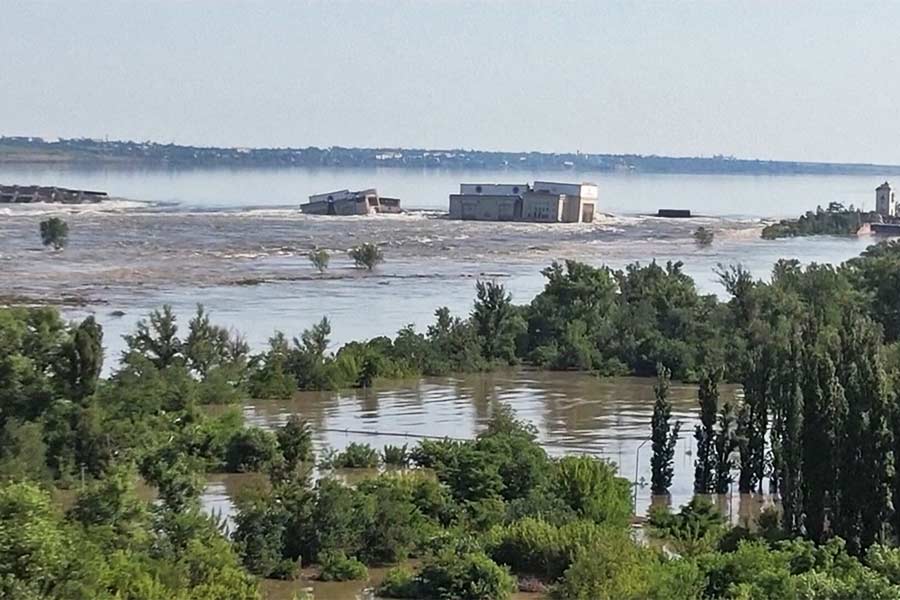
There have been precedents in international practice for compensation for environmental damage and other losses, said Moshenets. For example, regarding Iraq and armed aggression against Kuwait, the United Nations created a special body in 1991 – the United Nations Compensation Commission (UNCC), which worked for 31 years until 2022. “The Commission registered, assessed, and awarded compensation for cleaning and restoring damage to soils, waters, coastal ecosystems, and more. However, the Commission recognized only about 6% of all cases of environmental damage to Kuwait,” adds the MP.
Kakhovka HPP is the last step in the cascade of hydroelectric power stations in Ukraine along the Dnipro River. The complex provided water to the arid Ukrainian south, distributing and accumulating resources. On February 24, 2022, the Russians seized the HPP and the North Crimean Canal, which depended on the plant. Crimea was also connected to the water supply.
Photos: open sources; Kostiantyn Liberov & Vlada Liberova
